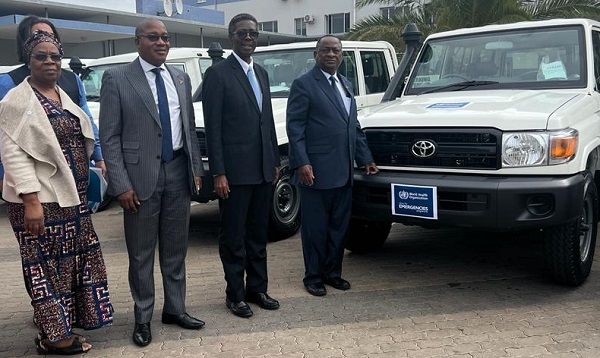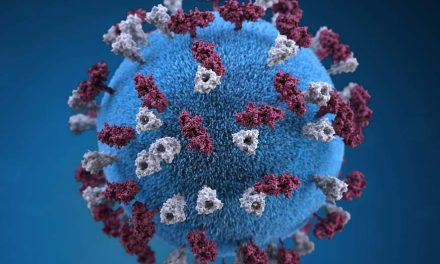
Health ministry signs MoU with WHO for improved response to health emergencies

By Clifton Movirongo.
The Ministry of Health and Social Services has signed a memorandum of understanding (MoU) with the World Health Organization (WHO) for better Emergency Preparedness and Response to promote health security by strengthening individual state’s capacities.
The WHO funded local initiatives with N$51.1 million in grants to help the ministry to address some of the most pressing health challenges, including emerging and re-emerging public health events.
At the signing of the MoU, the Minister of Health and Social Services, Hon Dr Kalumbi Shangula, said this is a commitment by Namibia and other states when they became signatories to the International Health Regulations in 2005.
“The WHO African Region commissioned a joint scoping mission to Namibia from 29 August to 2 September 2022 to sensitize the government and key stakeholders on response initiatives and to determine the extent of local capacity for emergency response, looking at both government and partner-supported human resources,” Shangula said.
Subsequently, the WHO identified gaps and helped the local health team to draft a response roadmap.
“This initiative builds on existing infrastructure and the gains made in public health emergency management hitherto. The aim is to install a well-organized support system to augment existing government capacity while incorporating lessons from COVID-19. Specifically, the roadmap is aligned with our strategic aspirations, as spelled out in the National Action Plan for Health Security (NAPHS), 2021-2025,” the minister said.
The minister said part of the improved response readiness includes coordination, surveillance, data management, analytics, risk communication and community engagement. A successful response is also dependent on functional operational capacity and logisticsal support.
“As witnessed in recent years, the threat of emerging and re-emerging infectious diseases is a significant challenge to the health and wellbeing of our communities,” he said.
The Emergency Preparedness Response initiatives, led by the government in collaboration with WHO, focuses on Promoting Resilience of Systems for Emergencies, Transforming African Surveillance Systems for prompt detection of disease outbreaks, and Strengthening and Utilizing Response Groups for Emergencies for a rapid response to public health emergencies.
The WHO Country Representative to Namibia, Dr Charles Sagoe-Moses said Namibia is one of the first countries selected for the rollout of this initiative which provides technical, operational, and logistical support to mitigate crises more efficiently. He explained that one of the response pillars is the establishment of national Emergency Medical Teams which can be mobilized rapidly.
“Through training on the principles and minimum standards, these teams will have the capacity to be deployed locally and internationally to support case management activities during public health emergencies to reduce loss of life and prevent long-term disability caused by disasters, outbreaks and other emergencies,” said Dr Sagoe-Moses.
To date, 50 medical practitioners and paramedics have undergone Emergency Medical Team induction training and are now part of the EMT roster for the country, Sagoe-Moses added.
At the same ceremony, the WHO handed over eight Toyota Landcruisers, including an ambulance, to the ministry to enable them to access remote areas.
“We have donated eight 4×4 multipurpose field vehicles including a well-equipped ambulance to cater for rapid response in emergency operations,” Dr Sagoe-Moses said, adding that the WHO has also donated equipment for the establishment of a Digital Learning Platform and Learning Network for the development of a Public Health Emergency workforce.












































